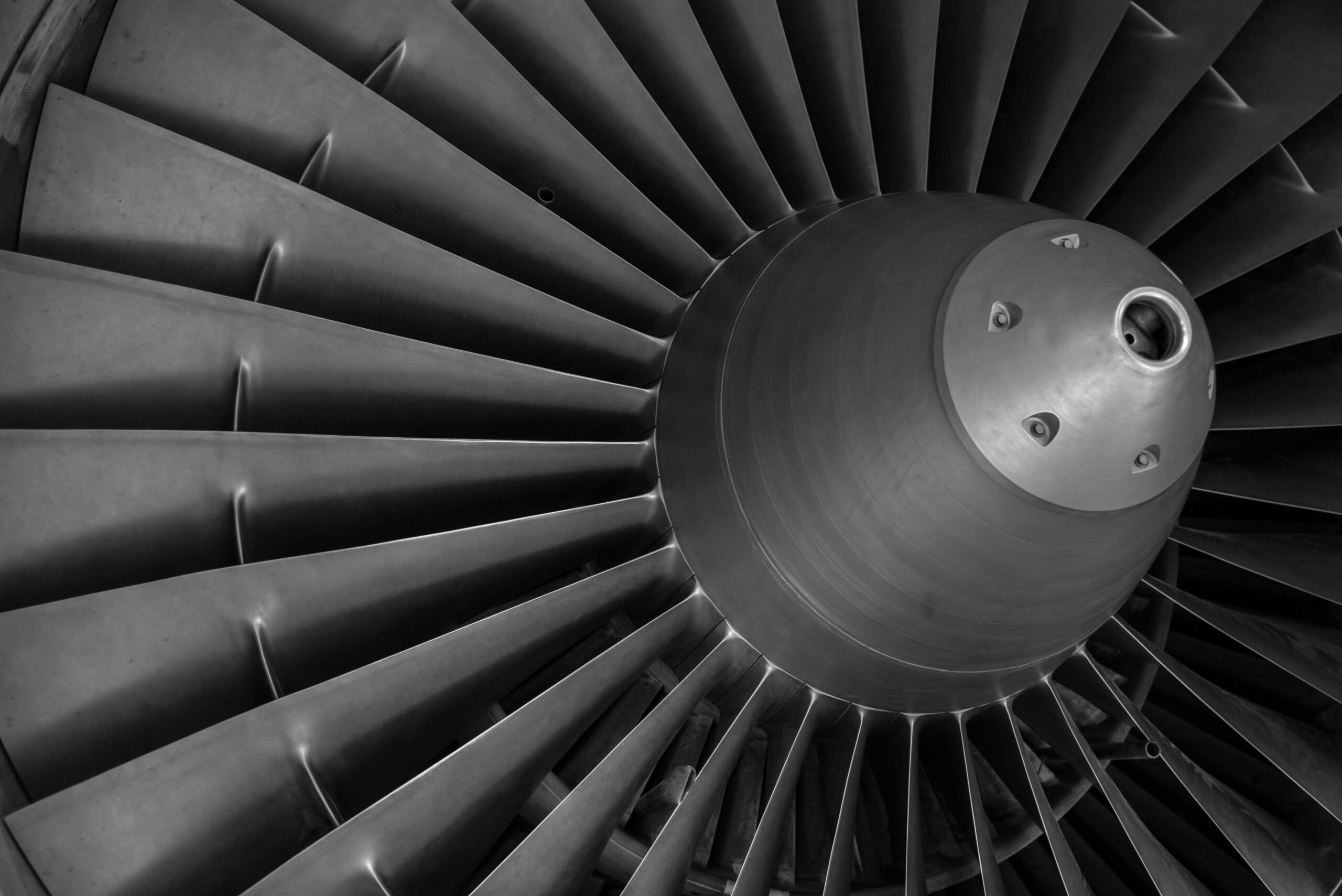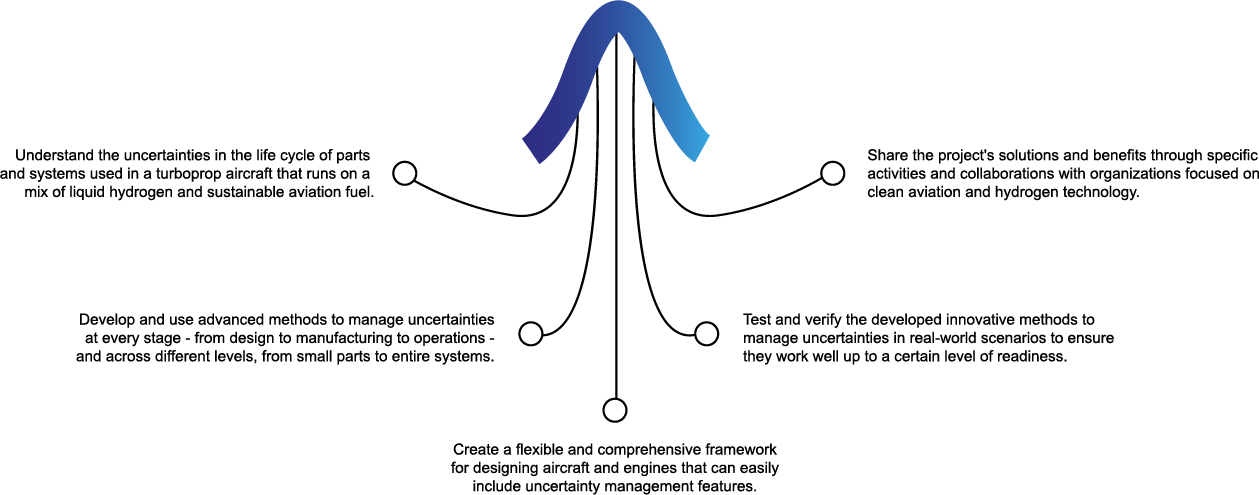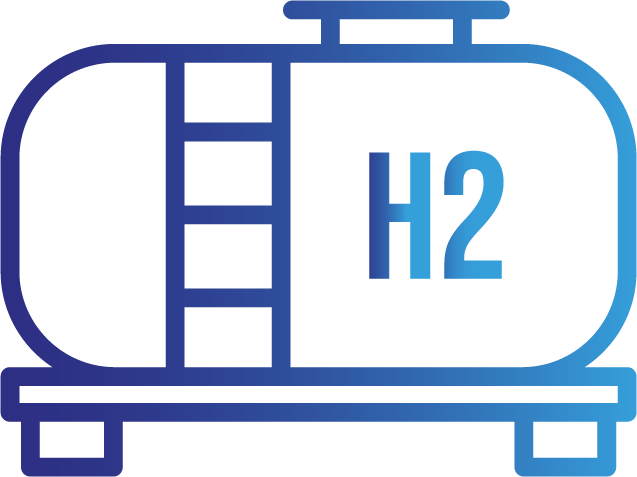
About the project
The DEMOQUAS project started with a clear goal: to make flying safer and more efficient by better understanding and managing uncertainties in aircraft and engine design. A consortium of leading aerospace engineers, researchers, and industry experts in aerospace engineering came together because they saw the need for improved tools and methods to handle the complexities of new aviation technologies.
DEMOQUAS aims to deliver, within 36 months, a structured and progressive campaign of uncertainty quantification (UQ) activities, considering all life cycle phases from design to manufacturing and operations. This includes safety risk assessments and contributions to virtual certification for the next generation of aircraft and engines. This campaign will be supported by verification and validation (V&V) activities using data from the project’s industrial partners, SMEs, and RTOs.
The overall activities will pave the way for aviation’s transformation, ensuring high safety levels alongside the adoption of green and digital technologies, leading to independent certification.
Main objectives

Test cases

Hydrogen storage tanks

Compact heat exchangers

Aircraft engine performance and operational health

Combustion

Airport and pilot operations
including safety risk assessment
Concept
The design and operation of integrated aircraft propulsion systems require further development and innovation to ensure the highest safety levels and optimal risk management. This involves combining big data analysis with mathematical modeling and knowledge-based engineering for various data formats (structured/unstructured). A critical challenge is representing and propagating safety-critical uncertainties throughout the product lifecycle. This is challenging when combining models of different accuracies, where improving uncertainty propagation using evidence from both computational models and experiments is sparse. Additionally, systemic risks must be identified and assessed to verify if the planned actions achieve the needed safety levels.
The DEMOQUAS project addresses these challenges by developing an efficient UQ framework and providing holistic aircraft/engine design tools with the capability to becoming ‘UQ-enabled’.
DEMOQUAS will employ a multi-layered approach to characterize and quantify uncertainties across life cycle phases, different scales (from sub-systems to systems, up to system-of-systems levels), and fidelities. The project involves detailed characterization of life cycle uncertainties for components and systems developed for a turboprop aircraft based on a hybridized liquid-H2/SAF configuration.

Impacts
DEMOQUAS will deliver an innovative UQ framework for aviation, contributing to the elimination of potential flaws in the development chain of futuristic propulsive components, thus reducing risks. The workplan is focused on modeling/simulation of design and integration, followed by manufacturing activities, all monitored by sophisticated UQ methods. While starting assumptions are made for a turboprop aircraft, the project will also impact other scales, from smaller commuter aircraft to larger short-medium and long-haul aircraft. The project aims to minimize uncertainties and computational costs, leading to optimized and reliable configurations.

Societal
The introduction of alternative fuels such as H2 and SAF will directly and widely improve society’s quality of life through better air quality due to a reduced environmental footprint.

Scientific
Advancements in methodologies will directly contribute to the elimination of errors, faults, tolerances, and defects throughout the system’s life cycle phases.

Technological and Economic
The project will bring new products and business models to the market, contributing to critical building blocks of novel propulsion systems with concrete improvements.

